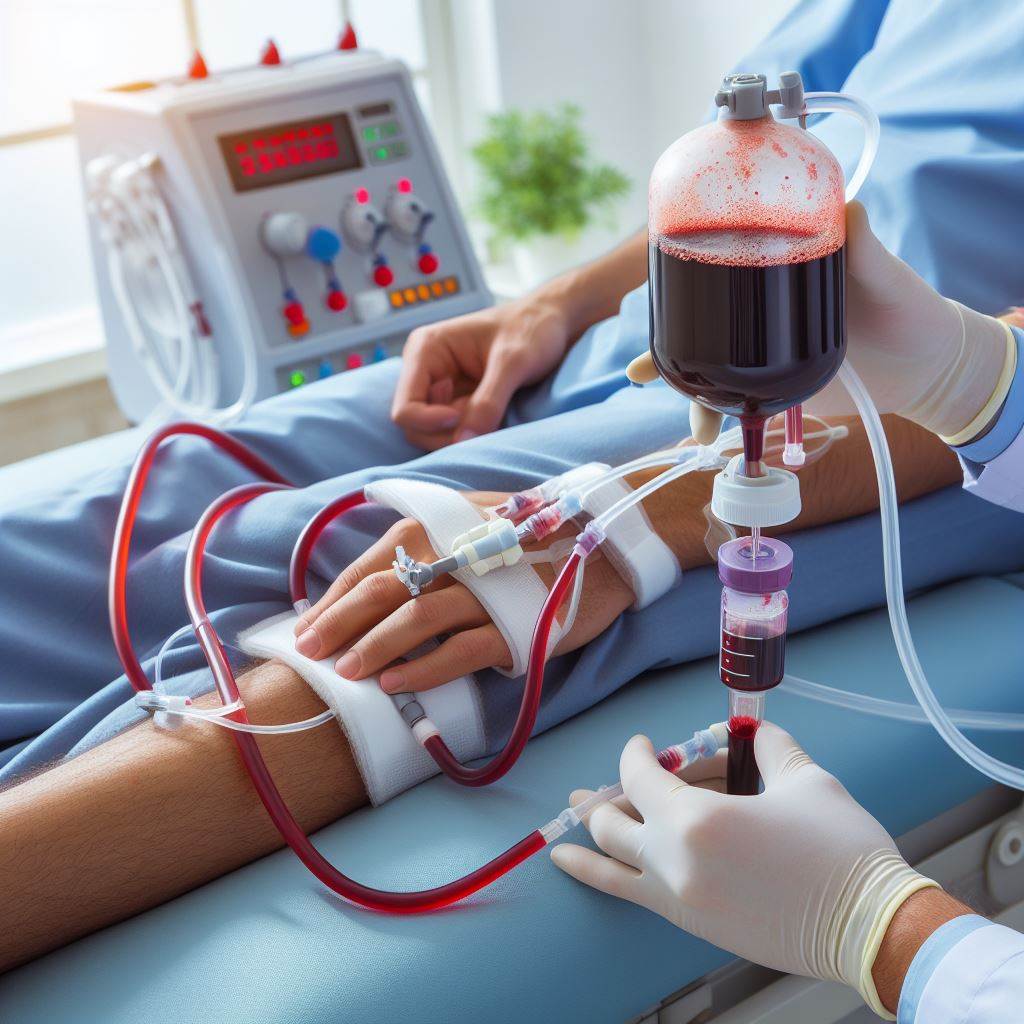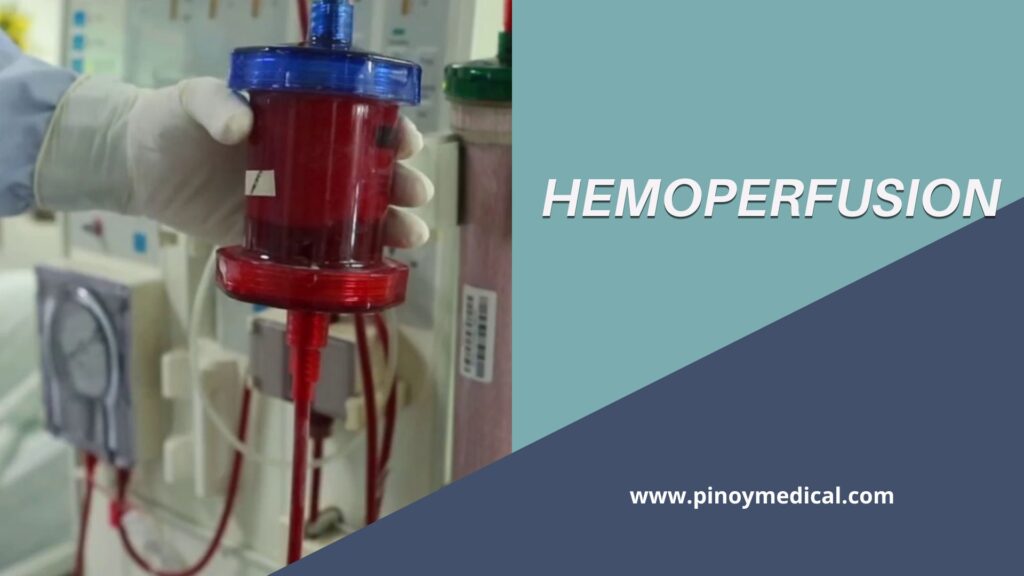Hemoperfusion is a purification of blood method in which blood is passed through a cartridge containing an adsorbent substance to eliminate waste materials and contaminants which cleanses the blood. It is frequently utilized in situations involving drug overdoses, acute poisoning, or renal failure, aids in blood detoxification, offers quick relief from dangerous chemicals, and enhances patient results in critical care environments.
Hemoperfusion Price
Hemoperfusion treatments might cost anywhere between ₱4,000 and ₱10,000. By utilizing PhilHealth or their Health Maintenance Organization (HMO) to receive savings on appointments and related treatments, patients can frequently lower their out-of-pocket expenses. To obtain a more precise quote, look for surrounding hospitals and ask about package discounts for several procedures.

Popular Hospitals and Clinics that Offer Hemoperfusion
Hospitals charge different rates for hemoperfusion because of things including location, overhead, staff expertise, and technology. Expenses may also be affected by the need for further services or treatments. You should look into choices for insurance coverage or package agreements and acquire prices directly from hospitals to get more precise information.
| Hospitals/Labs | Location | Contact | |
| Cebu Doctors University Hospital | Osmeña Blvd, Cebu City, 6000 Cebu | (045) 961-2616 | [email protected] |
| Dr. Jose N. Rodriguez Memorial Hospital and Sanitarium | St. Joseph Avenue, Tala 1427 Caloocan | 0282942571 | [email protected] |
| Asian Hospital and Medical Center | 2205 Civic Dr, Alabang, Muntinlupa, 1780 Metro Manila | +(632) 8-771-9000 +(632) 8-876-5755 | [email protected] |
| Manila Doctors Hospital | 667 United Nations Ave, Ermita, Manila, 1000 Metro Manila | (+632)8558-0798 | [email protected] |
| Clearbridge Dialysis Center Quezon Avenue Branch | 40 Quezon Avenue, Barangay Josefa Quezon City | 0917 638 1695 | [email protected] |
| Healthway QualiMed Hospital San Jose del Monte | Altaraza Spine Road, Barangay Tungkong Mangga 3023 San Jose del Monte | (044) 307 0000 | [email protected] |
| VRP Medical Center | 163 EDSA, Mandaluyong City, PH | (02) 8464 9999 | [email protected] |
| Capitol Medical Center, Inc. | Quezon Ave. corner, Scout Magbanua Street, Brgy. Paligsahan, Quezon City, Philippines 1103 | 09190691891 | [email protected] |
| Skyline Hospital and Medical Center | Skyline Drive corner Quirino Highway Brgy. Tungkong Mangga 3023 San Jose del Monte | 0917 817 2890 | [email protected] |
Video about Hemoperfusion
FAQs
Does hemoperfusion come with any risks?
Yes, there is a chance of bleeding, infection, hypotension, and allergic reactions to the adsorbent substance. Nonetheless, these hazards are typically minimal and closely observed by medical experts.
What is the duration of a hemoperfusion session?
A hemoperfusion session lasts between two and four hours, depending on the patient’s health and the particular treatment plan.
Which materials can be eliminated by hemoperfusion?
Numerous toxins, such as medications, poisons, and metabolic waste products, can be removed by hemoperfusion.
Does hemoperfusion call for specific gear?
Indeed, specialist equipment is needed for hemoperfusion, such as an adsorbent material-containing hemoperfusion cartridge or column.
Can children be treated with hemoperfusion?
Hemosterfusion is safe for use in pediatric patients; however, depending on the child’s size and condition, the method may need to be modified.
To what extent can hemoperfusion eliminate toxins?
Toxin removal from the blood can be accomplished by hemoperfusion, although its effectiveness is dependent on a number of variables, such as the kind of toxin, when the intervention is performed, and the general health of the patient.
Is it possible to repeat hemoperfusion if needed?
Yes, if more detoxification of the blood is required, hemoperfusion can be performed.
What is the hemoperfusion treatment rate for poisoning?
Depending on the toxin implicated, hemoperfusion treatment has varying success rates; nonetheless, in many circumstances, it can be a crucial life-saving measure.
During the hemoperfusion process, how is the patient observed?
Vital indicators such as body temperature, respiration rate, oxygen consumption, and blood pressure are continually tracked in patients receiving hemoperfusion.
How does hemoperfusion fit into the treatment of drug overdose?
By quickly eliminating the harmful material from the bloodstream, hemoperfusion can be extremely helpful in the treatment of drug overdose.


